Electronic waste is a phrase used to describe any electronic product that contains electronic materials utilized in a device that has outlived its usefulness or has become obsolete. In other words, E trash is made up of electronic products that have lost their worth and can no longer be used to their full potential. Electronic trash is frequently referred to as “development waste.” The technological generation is developing at a rapid pace. With the emergence of new technology, obsolete electronic waste could no longer be utilized in the same way as before.
Electronic waste management is the process of efficiently disposing of these wastes without compromising the environment’s quality.Electronic waste management is also the process of maintaining balance between the new and old electronic product. E- waste has emerged out a topic for concern because it contains non-biodegradablematerials and harmful chemicals like Mercury, Cadmium, Lead, Silicon, radioactive materials, harmful acids etc. which has adverse effect on the environment.
Electronic equipment such as mobile phones, televisions, computers, laptops, air conditioners, refrigerators, and a variety of other electronic devices are major contributors to the production of E garbage in the country. The materials utilized on the products could not be burned since they include harmful components that could degrade the environment’s quality. As a result, efficient electronic waste management is required. Our market is consumer-driven, and people buy the product frequently. In today’s worldwide world, in order to compete, one must be familiar with modern technology. A day without an electronic device has turned into a nightmare.
On the one hand, the growth of electronic products in the Nepali market has made life easier for Nepalis, but it has also been a source of concern and discussion about how to handle electronic waste. Almost every family in Nepal has multiple sets of electronic products, and this number is steadily increasing. After a period of time, an electronic product’s usability has deteriorated, and it must be discarded.
Nepal’s government has set a program to reduce greenhouse gas emissions through lowering fossil fuel use. Vehicles with electronic engines have been emphasized, and these vehicles use lead acid batteries. Those batteries aren’t indestructible and will need to be replaced in the near future. If lead acid batteries are disposed of in the soil without being properly treated, the soil’s quality may be harmed. As a result, Nepal’s electronic waste management has become a source of concern and problem.
Present Situation
In this fast-paced globalized world, the use of electronics in our daily lives is almost as crucial as our own survival, but consumers are still unaware of the appropriate management and long-term repercussions of the trash generated. This is mostly owing to the fact that there is only a small body of knowledge on e-waste in the field of waste management, as well as a scarcity of statistics on e-trash generation in developed and developing countries. Furthermore, different countries view and manage e-waste in different ways. Understanding the key concepts of e-waste management, as well as the relationships between e-economic waste’s impact and its negative effects on the host community, will serve as a foundation for better environmental and social outcomes. Local level is responsible body for the collection of waste materials in Nepal.
Local levels collect the waste from household and dispose them. At present waste materials are collected randomly from the household without being separated. All of the waste products are disposed directly. Those waste products also comprise of electronic waste and disposing them directly into environment has raised the concern. The import of electronic product is increasing day by day in Nepal and government lacks proper guidelines and regulations for the proper disposal of those items after their lifetime is over. Public are at risk to the contamination caused by emissions from those devices and equipment’s. If this continues then Nepal is sure to face difficult time in near future as this type of wastes could not be recycled.
In constitution of Nepal, it has secured the rights of public to survive in clean environment as fundamental rights. The provision of Environment conservation Act 2076, Environment policy 2076 talks about the conservation of nature and natural resources. It has the provision for Initial Environment Examination IEE and Environment Impact assessment. These acts focus on the sustainable development and seems that Nepal is also concerned in the waste management. Waste is managed according to solid waste management Act 2011. But this alone is not enough. However, there is no separate Act or regulations for electronic waste management. The waste management depends upon the scavengers and scape hawkers. They are the one who separates the waste product into recyclable and non-recyclable at landfill sites. The recyclable waste separated by them are then delivered to scrap dealers.
Way forward:
The prevailing laws and regulations are not alone sufficient for the management of electronic waste. Its seems that we have not prioritized about the electronic waste. After the implementation of Federalism in Nepal there are currently three levels of government. The central level, Province level and local level. The key actor for collection of waste product is local level. These are the measure that could be adopted for management of electronic waste;
A. Implement 3R’s policyi.e Reduction, Reuse and Recycle, the government should focus on implementation of 3R’s policy in order to make balance in production of electronic waste
B. Introduce separate act specially for E-waste management
C. Consumers are polluters so government could impose pollution tax on each of the electronic product and utilize that fund for management of waste. This will also discourage consumers to buy unnecessary or excess electronic product.
D. Invest on the establishment of processing plant for electronic waste so that it could contribute to national economy.
E. Public and corporate levels must be made responsible and create awareness regarding the waste disposal.
F. Separation of waste products from its origin and separate landfill site for e-waste disposal should be there.
G. Proper coordination between the three levels of government for e-waste management.
H. The information on the generation of E-wastes, dangers, and relief measures have to be joined within the educational programs of schools and colleges.
Conclusion:
Electronic waste is going to become a major headache for Nepal in near future. To lessen the adverse impacts of dangerous compounds in e-waste on the environment and human health, this e-waste recycling issue must be addressed. Because this type of debris cannot be recycled and is too toxic to be managed at landfill sites, without the lack of proper laws and strategy for e-waste management the safety of life of individual would be at stake. Government does not have separate law for the management of e-waste. It’s a serious issue that needs to be addressed at it soonest and protect the environment and individual from being its sufferer.

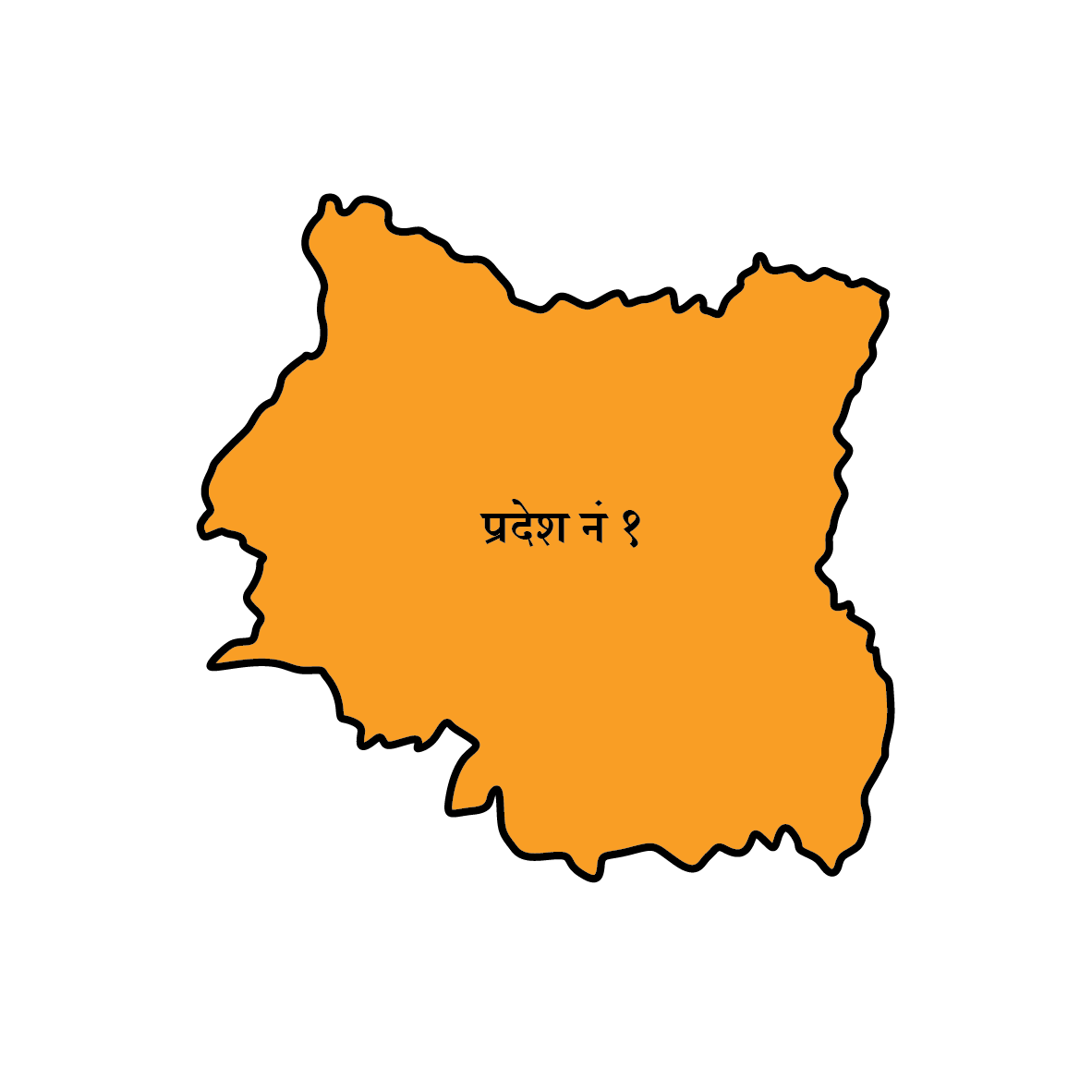 कोशी प्रदेश
कोशी प्रदेश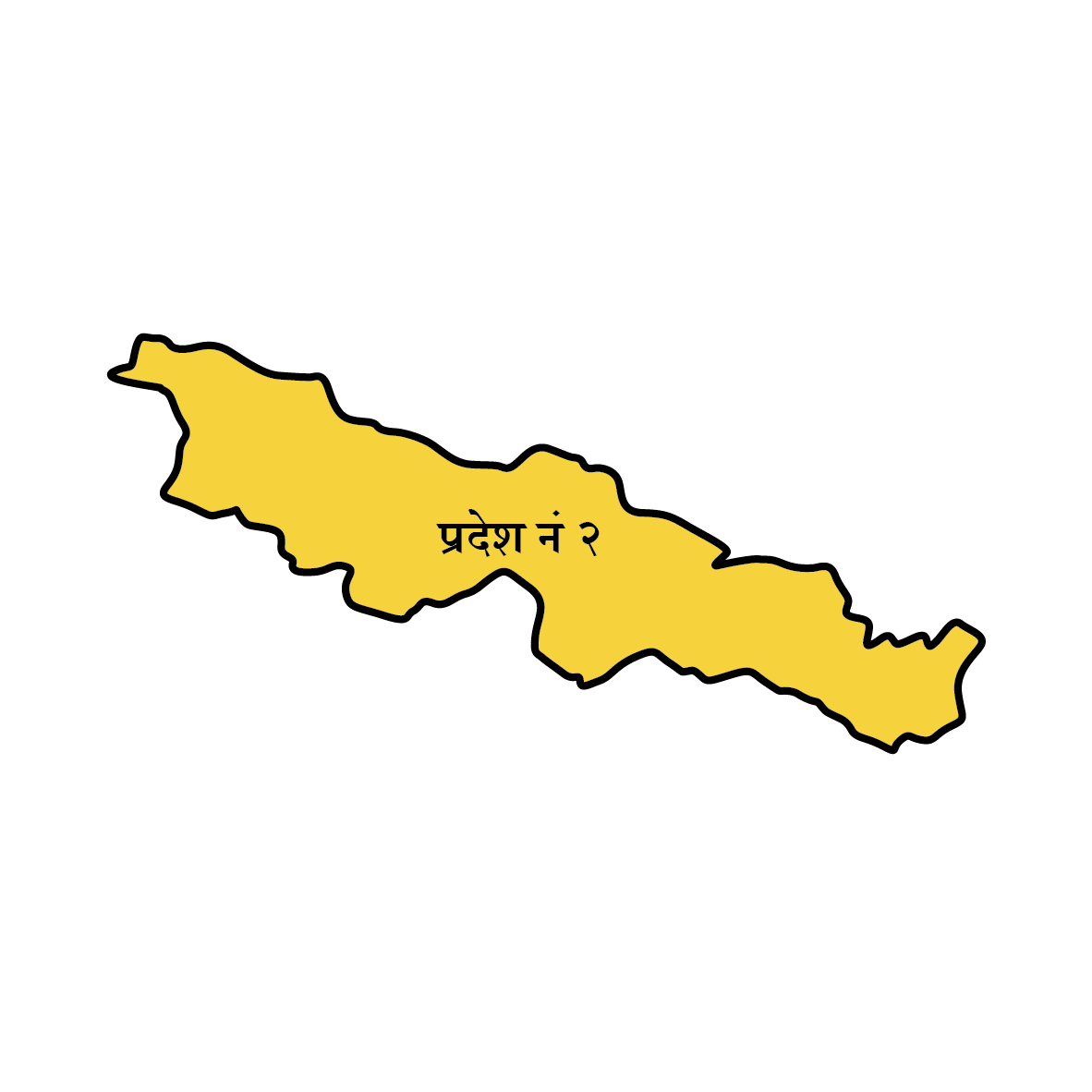 मधेश प्रदेश
मधेश प्रदेश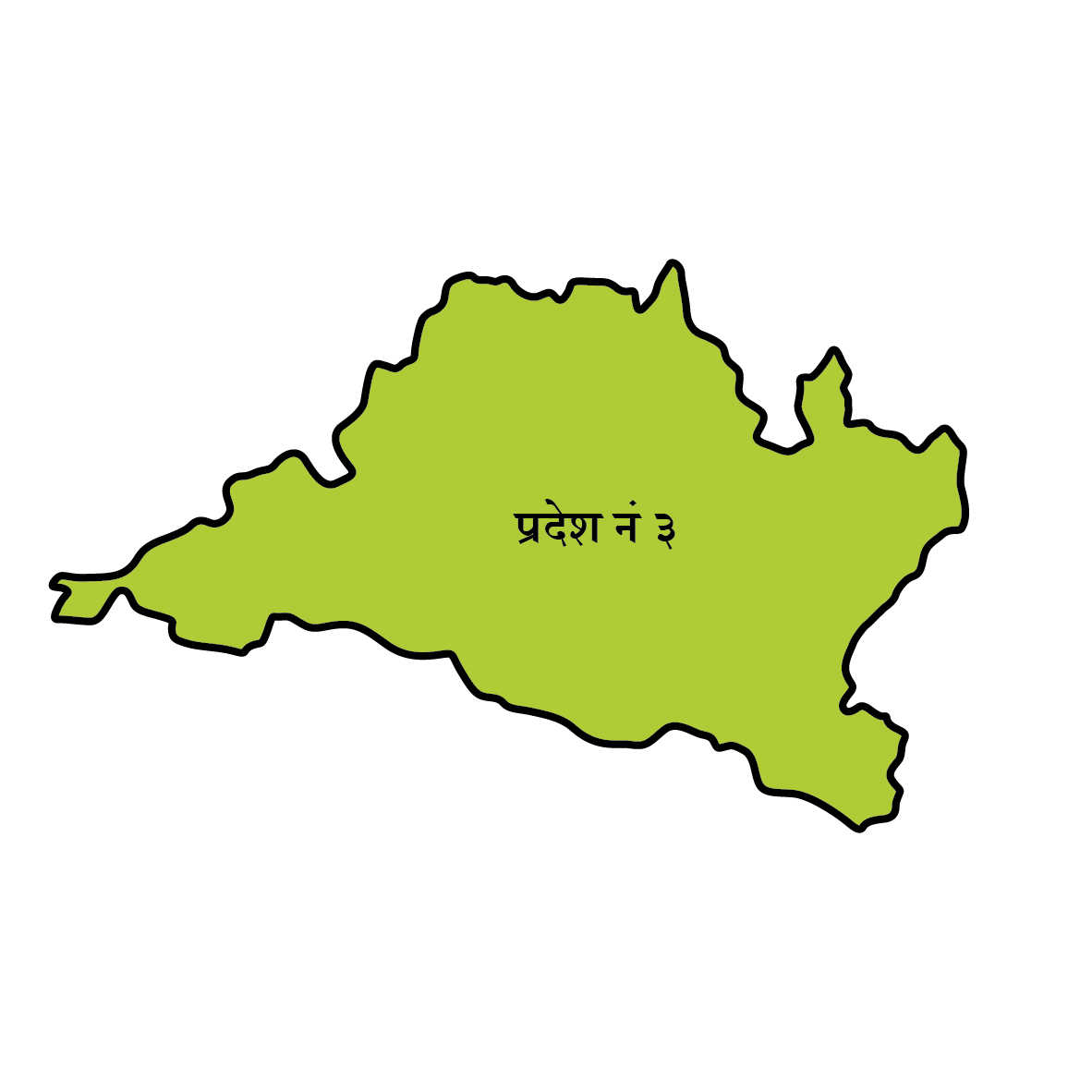 बागमती
बागमती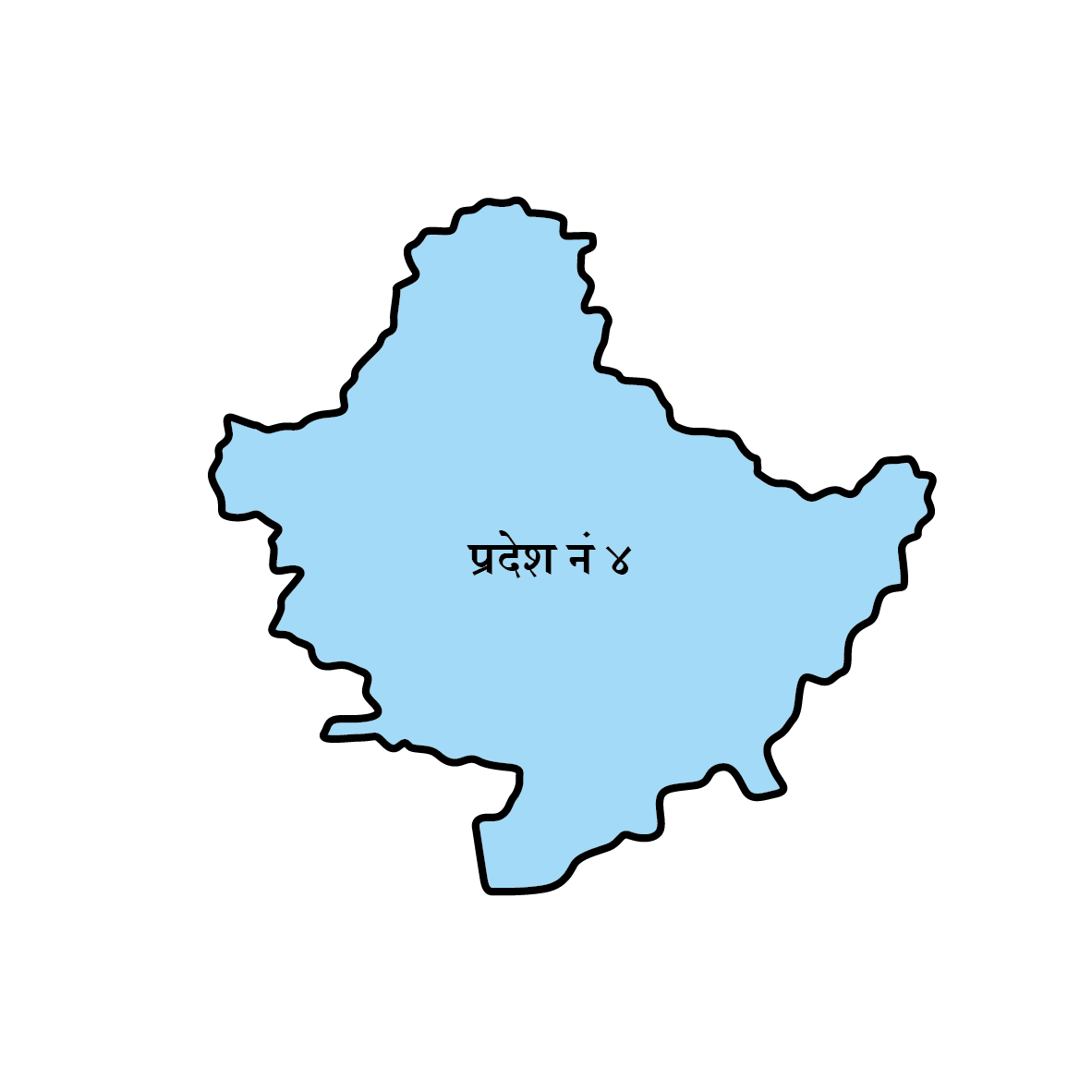 गण्डकी
गण्डकी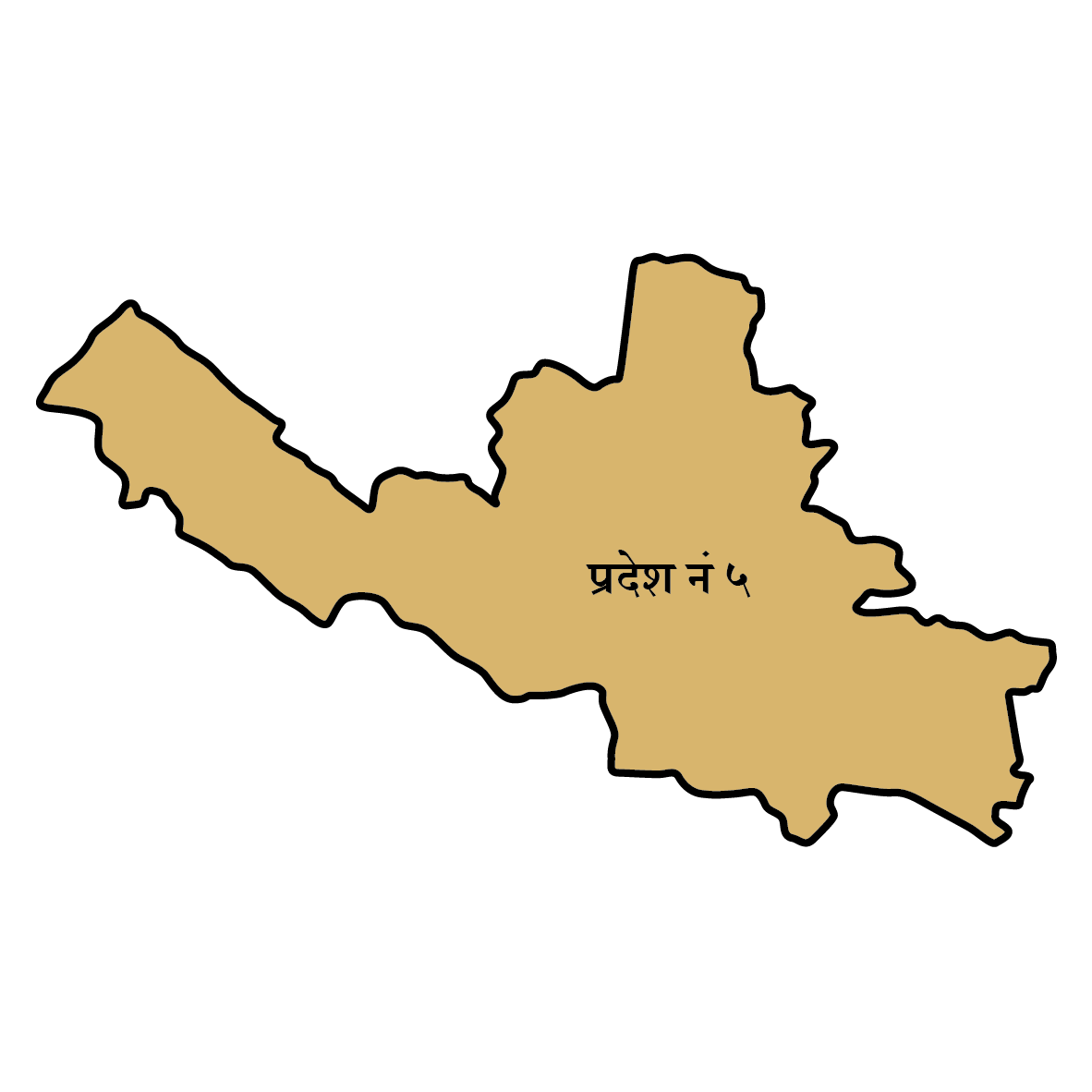 लुम्बिनी
लुम्बिनी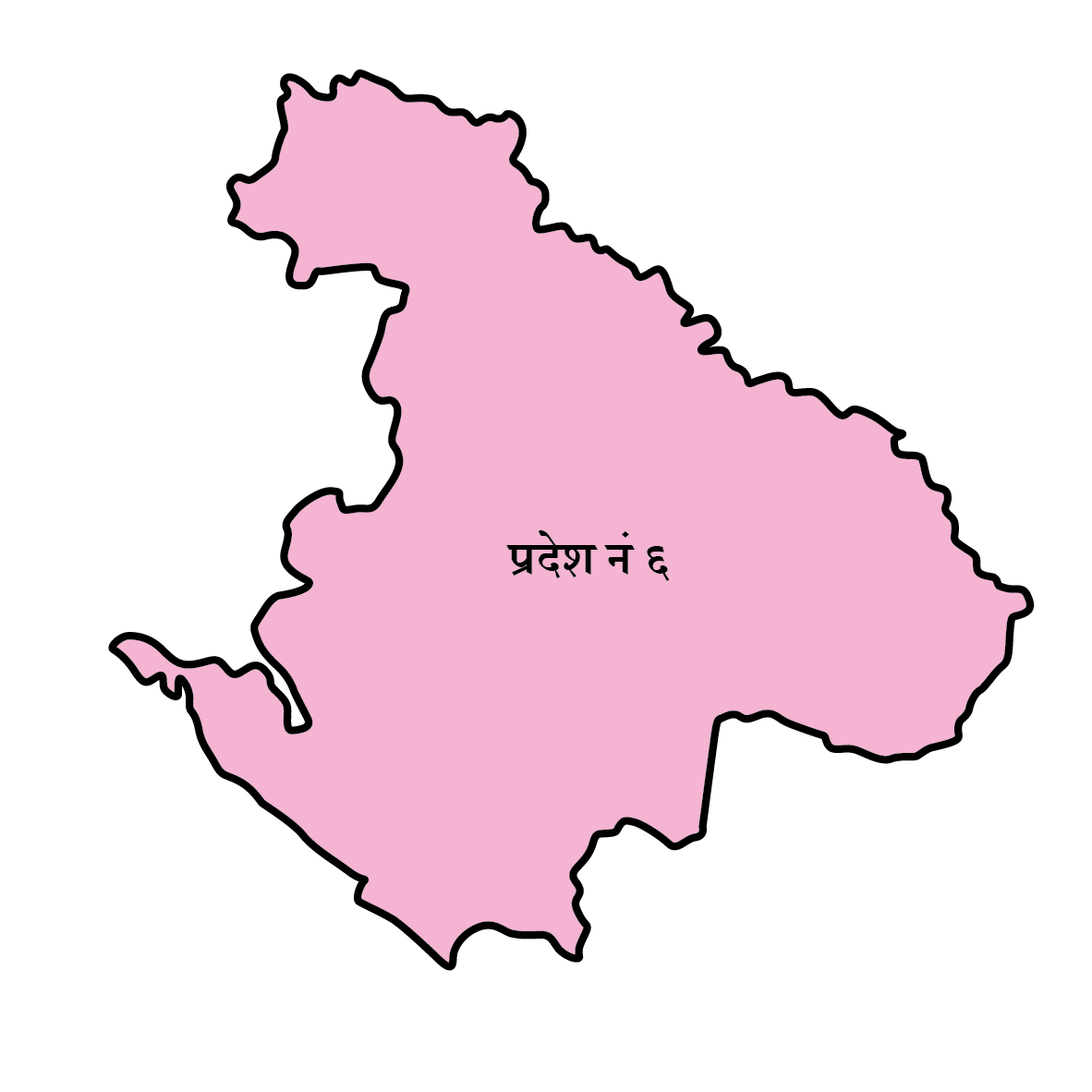 कर्णाली
कर्णाली 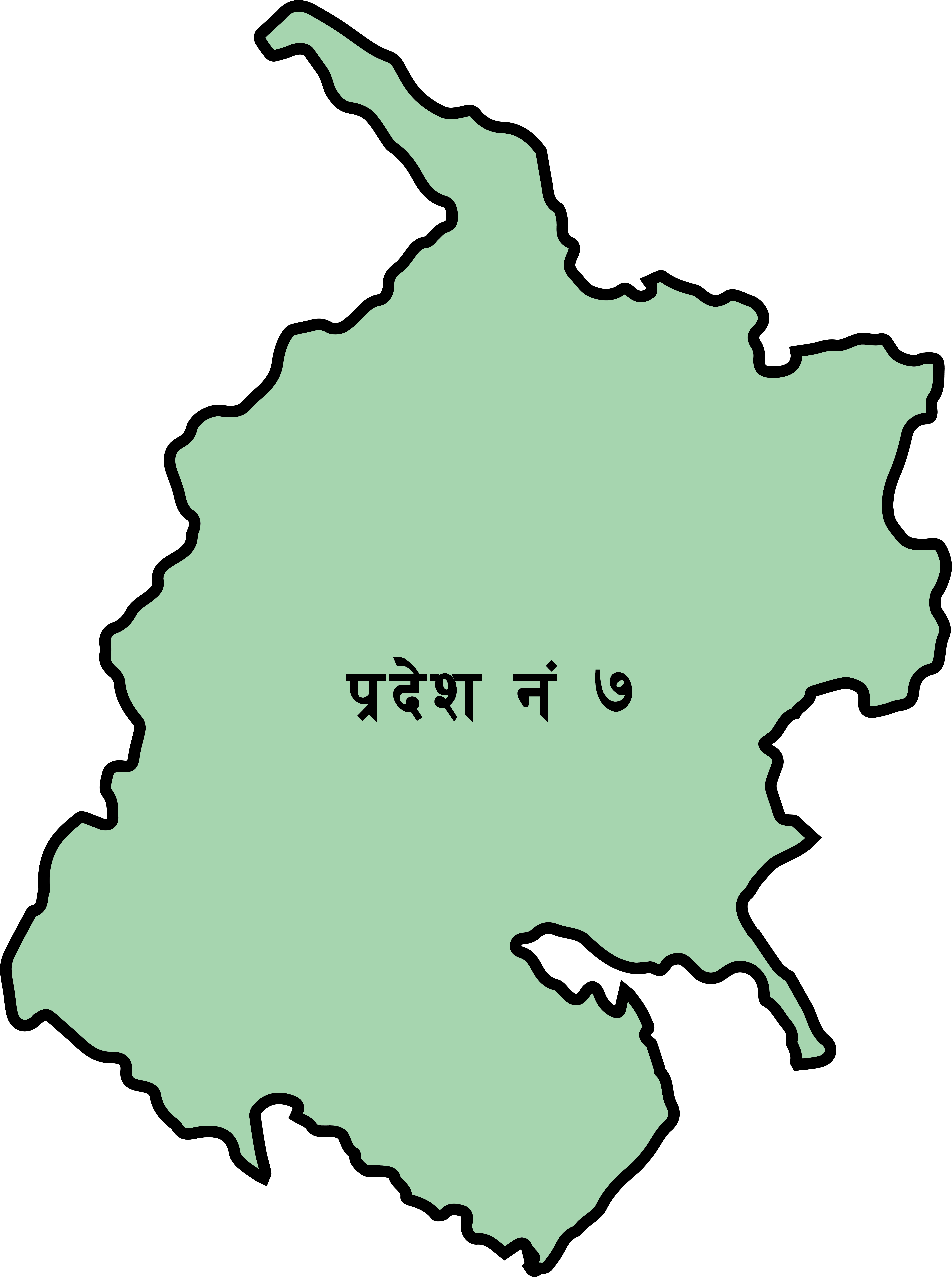 सुदूरपश्चिम
सुदूरपश्चिम
















